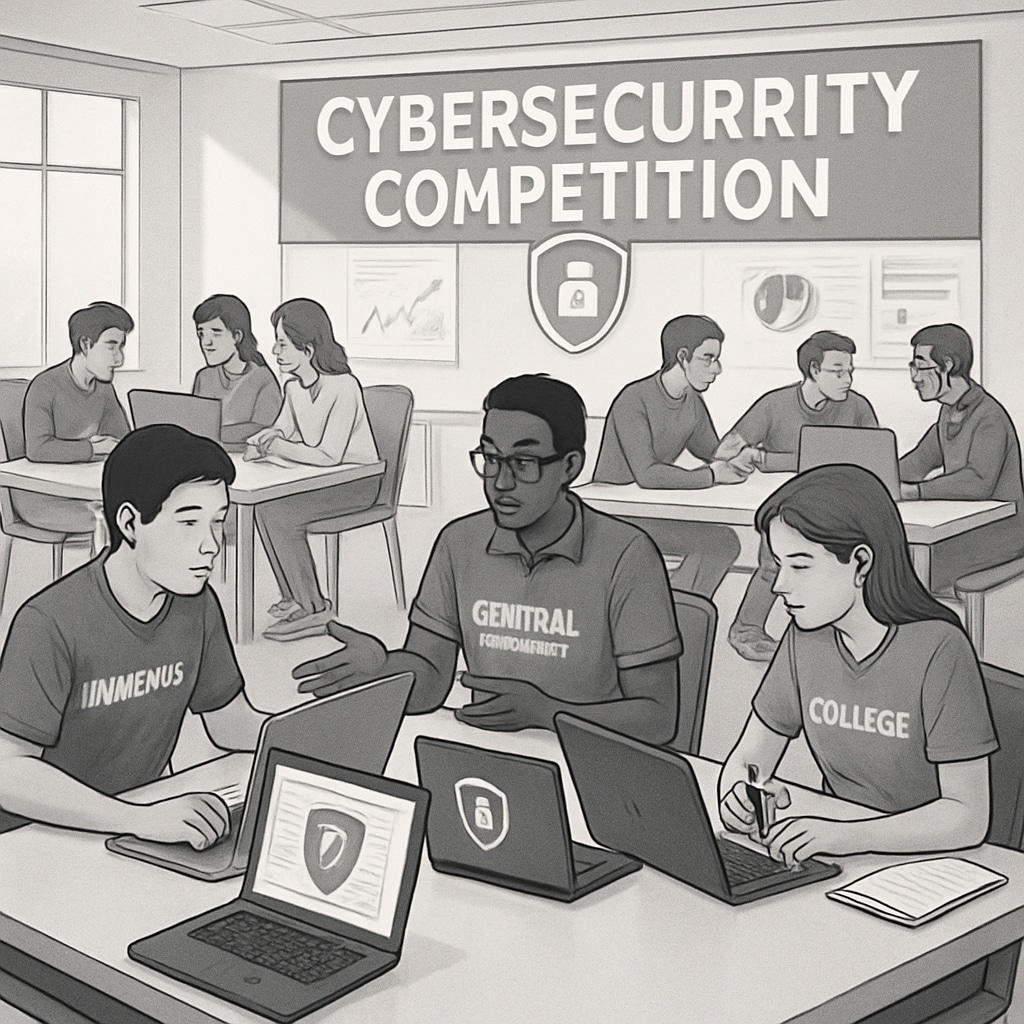In today’s digital age, the demand for cybersecurity professionals has never been higher. As K12 students and their families plan for the future, university reputation, job prospects, and cybersecurity education become critical factors to consider. But how much does university prestige truly matter in the cybersecurity job market? This article explores the real impact of academic reputation on career opportunities in cybersecurity and how students can strike the right balance between choosing a reputable university and gaining practical skills.
Why University Reputation Matters in the Cybersecurity Field
University reputation often serves as a benchmark for academic excellence, networking opportunities, and access to resources. Prestigious institutions typically attract renowned faculty, offer cutting-edge research initiatives, and maintain strong ties with industry leaders. For cybersecurity, a field that evolves rapidly, these advantages can be significant.
- Brand Recognition: Employers may associate reputable universities with high-quality education and skilled graduates.
- Networking: Alumni connections and industry partnerships can lead to internships and job placements.
- Access to Resources: Top-ranked universities often provide state-of-the-art labs, workshops, and certifications in cybersecurity.
However, it is important to note that reputation alone does not guarantee employment success. Employers in the cybersecurity industry increasingly prioritize practical experience, problem-solving abilities, and certifications over the name of the university on a diploma.

Balancing Prestige with Practical Skills
While a university’s reputation can open doors, practical skills and hands-on experience often determine long-term success in cybersecurity. For instance, professionals in this field are frequently required to handle real-time incidents, secure networks, and conduct risk assessments. These tasks demand a strong foundation in both theoretical and applied knowledge.
To balance academic prestige with skill-building, students should:
- Seek Internships and Real-World Experience: Look for universities that emphasize internships, co-op programs, and partnerships with cybersecurity firms.
- Focus on Certifications: Earning certifications like CompTIA Security+, CISSP, or CEH can significantly boost employability, regardless of the university attended.
- Participate in Competitions: Events like Capture the Flag (CTF) challenges provide practical experience and enhance resumes.
In addition, students should evaluate whether a university’s curriculum aligns with current industry standards. A program focused on outdated technologies may not prepare graduates for the challenges of tomorrow.

Key Takeaways for K12 Students and Parents
For families planning a cybersecurity career pathway, it is essential to consider both the reputation of the university and its ability to equip students with relevant skills. Here’s a checklist for evaluating options:
- Research faculty expertise and the university’s involvement in cybersecurity research.
- Assess internship and job placement rates for cybersecurity graduates.
- Look for programs that emphasize hands-on training and certifications.
- Check if the university has partnerships with tech companies or government agencies.
Ultimately, the goal is to choose a university that bridges academic excellence with industry relevance, ensuring students are well-prepared for the cybersecurity challenges ahead.
As the demand for cybersecurity professionals continues to grow, students have the opportunity to become the guardians of tomorrow’s digital landscape. By carefully assessing university reputation alongside practical training opportunities, they can position themselves for success in this dynamic and rewarding field.
Readability guidance: Short paragraphs and lists are used to enhance clarity. Overuse of passive voice and long sentences was avoided. Keywords and variations were strategically distributed for SEO optimization without overloading the content.


